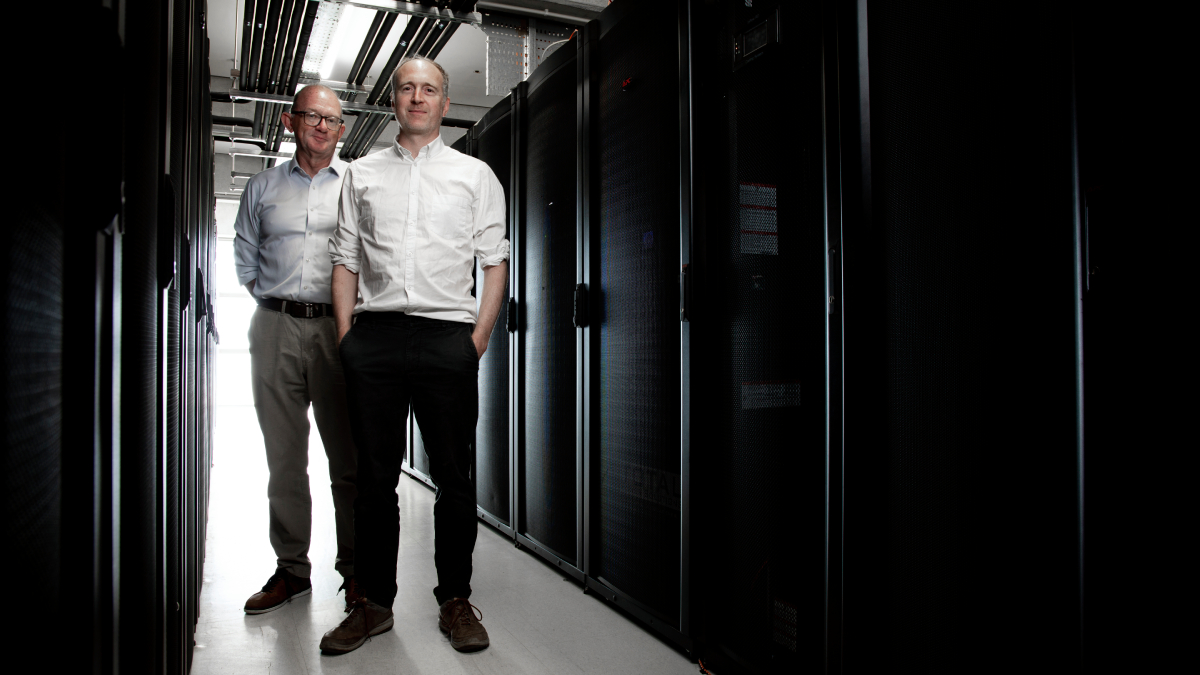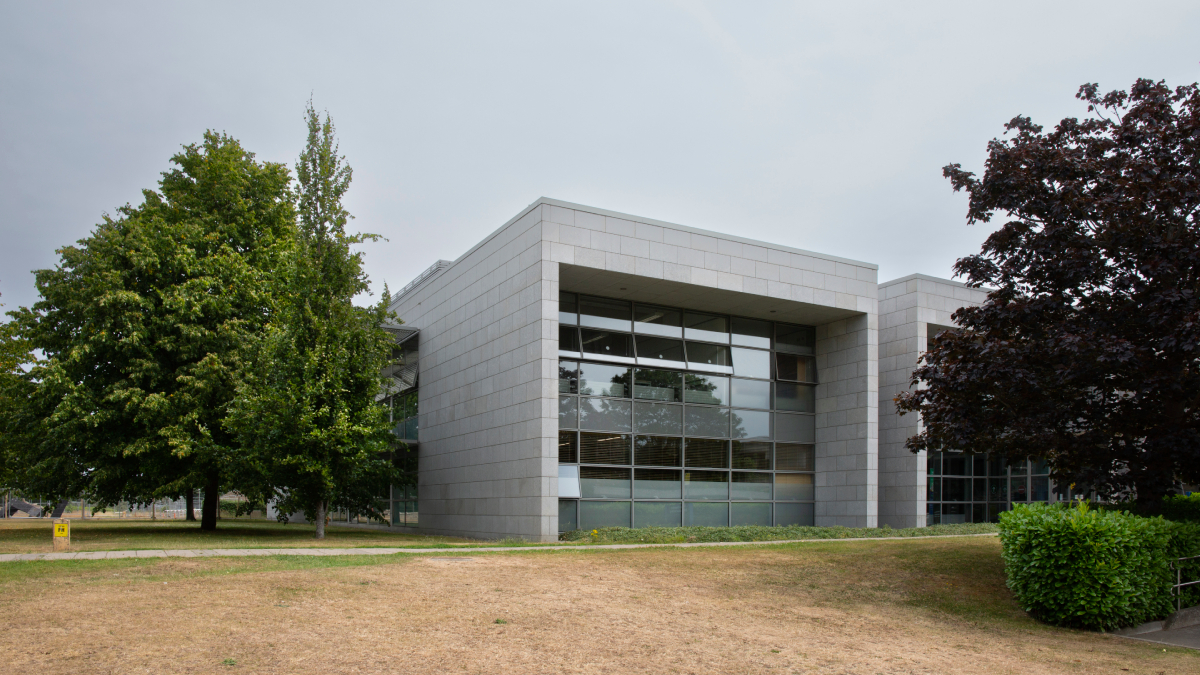Schneider Electric, working alongside Total Power Solutions, has designed and implemented a high efficiency cooling system to help reduce the PUE of University College Dublin’s (UCD) main production data centre.
UCD’s data centre was originally designed to accommodate high performance computing (HPC) clusters and provides a platform for research at its university campus.
University College Dublin is the largest university in Ireland with a total student population of 33,000. It is also one of Europe’s leading research-intensive universities with faculties of medicine, engineering, and major sciences, as well as a broad range of humanities and other professional departments.
As part of a new strategic development plan to free up space at its central Dublin location, the IT services department made the decision to revise and revitalise its data centre cooling architecture to make the facility more energy and space efficient, as well as more resilient and scalable.
In response to a public tender, Total Power Solutions worked with Schneider Electric to secure the contract with a bid to replace the existing data centre cooling system with a Uniflair InRow Direct Expansion (DX) solution. Schneider Electric’s InRow DX cooling technology offers many benefits including a modular design, more predictable cooling, and variable speed fans which help to reduce energy consumption.
A scalable and efficient cooling solution for UCD
The new solution at UCD is based on 10 independent InRow DX cooling units, which are rightsized to the server load to optimise efficiency. The system is scalable to enable UCD’s IT Services Group to add further HPC clusters and accommodate future innovations in technology. This includes the introduction of increasingly powerful central processing units (CPUs) and graphics processing units (GPUs).
The InRow DX cooling units work in conjunction with UCD’s existing EcoStruxure Row Data Centre system, formerly a Hot Aisle Containment Solution (HACS), and provides a highly efficient, close-coupled design that is suited to high density loads. Each InRow DX unit draws air directly from the hot aisle, taking advantage of higher heat transfer efficiency and discharges room-temperature air directly in front of the cooling load, which significantly reduces the need for humidification.
“We designed the system to allow for the addition of four more cooling units to meet future requirements for facility expansion and changes in server technology. The overall effects of installing the new system are greater resilience and peace of mind, more efficient use of space for the benefit of the university’s main function of teaching, greater efficiency of IT infrastructure and consequently, a more sustainable operation,” said Tom Cannon, Enterprise Architecture Manager at UCD.
Resilience and future expansion
Each independent cooling unit also provides additional redundancy in the system, so that if one fails, the others have sufficient capacity to continue delivering cool air, ensuring uninterrupted operation of UCD’s IT equipment and services. Together, Schneider Electric and Total Power Systems also worked to increase the resilience of the system and remove a major single point of failure, which previously existed. This eliminates risk of outages at critical times such as clearing and examinations.
Further, the condensing elements of the cooling system have also been relocated to the roof of the data centre, freeing up significant space formerly used for external cooling plant and equipment. This has released additional land for redevelopment to house new student and university facilities, and the building is now home to an Applied Languages department, illustrating the low noise levels of the DX system compared to the equipment it replaced.
The increased efficiency of the new cooling system has also lowered the data centre’s PUE, reducing its energy consumption and its ongoing operational expenses.
“The Daedalus data centre at UCD hosts everything from high performance computing clusters for research to the centralised IT that keeps the university running. Total Power Solutions and Schneider Electric worked together to deliver a new, more efficient, and scalable data centre cooling system. The installation took place in a live environment with no downtime, in the midst of extensive construction activities on UCD’s Belfield Campus,” said Paul Kavanagh, Managing Director, Total Power Solutions.
“For UCD, having an efficient and highly effective cooling infrastructure was critical to both their HPC research infrastructure and their general IT operations,” said Marc Garner, VP, Secure Power Division, Schneider Electric UK & Ireland. “By working together with Total Power Solutions, we were able to successfully deliver the new cooling architecture, which will provide UCD with greater resilience of their critical IT systems and will meet the demands of this prestigious university for many years ahead.”

